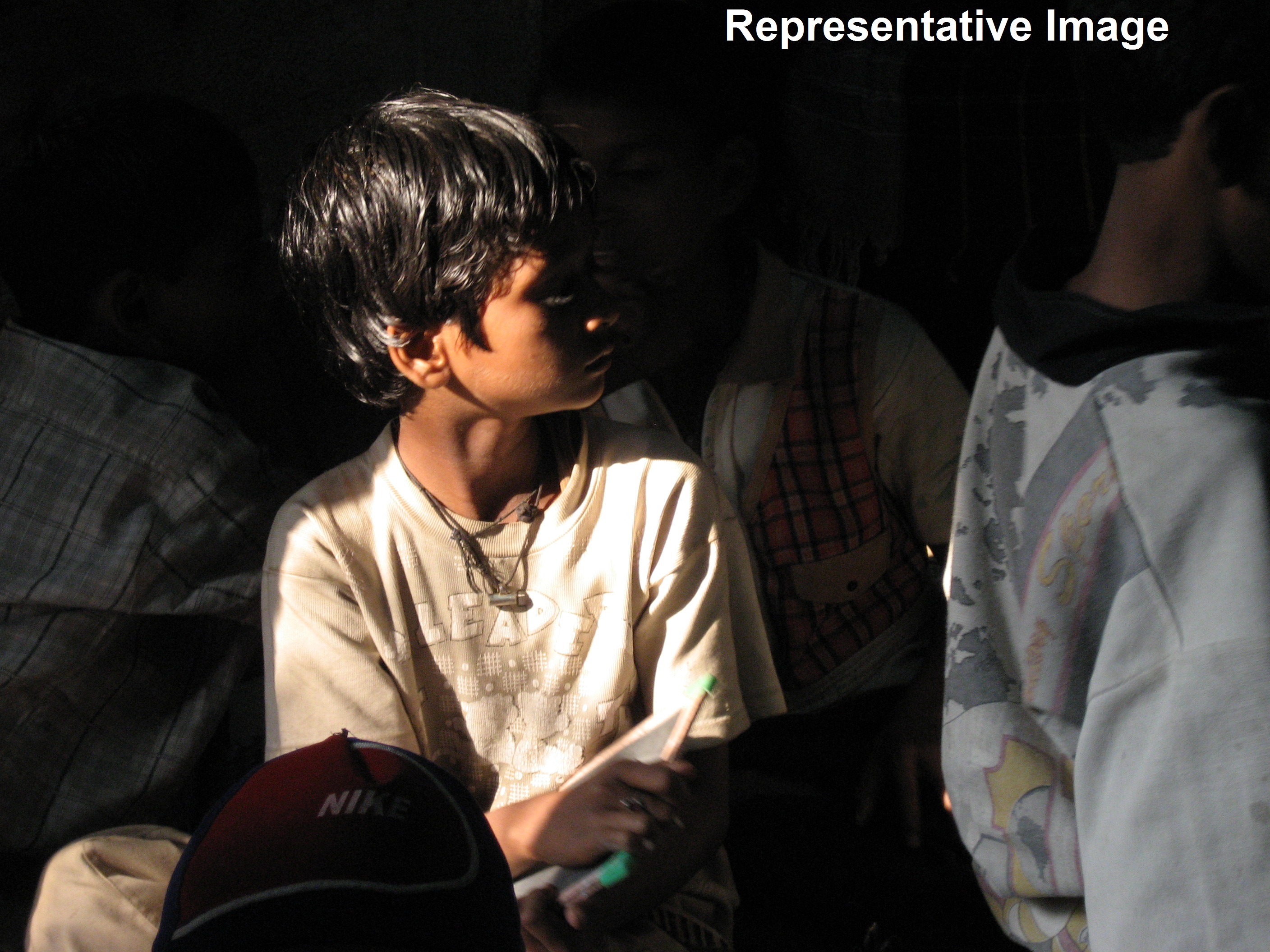Ratanmani Vidyalaya
Ratanmani Vidyalaya
Project Brief: Ratanmani Vidyalaya is a residential school for poor tribal children who otherwise don't have any access to education.
Project Type: Residential School (description)
Primary Focus: children of dalits/tribals (description)
Supporting Chapter Contact: UIUC
Project Type: Residential School (description)
Primary Focus: children of dalits/tribals (description)
Secondary Focus: health and cleanliness
Area: RuralSupporting Chapter Contact:
Status: completed - requirements ended
Project Steward: Satish Gopalakrishnan
Project Partner(s): Sreelekha Ray
Other Contacts:
Project Address: , Voluntary Health Association of Tripura,CIRCUIT HOUSE AREA,P.O. KUNJABAN,
Tripura 799 006
Tel: (0381) 222 2849, 230 0482
Stewarding Chapter: UIUC
Project Steward: Satish Gopalakrishnan
Project Partner(s): Sreelekha Ray
Other Contacts:
Project Address: , Voluntary Health Association of Tripura,CIRCUIT HOUSE AREA,P.O. KUNJABAN,
Tripura 799 006
Tel: (0381) 222 2849, 230 0482
Stewarding Chapter: UIUC
In 1994 the project started as non-formal education for the dropout and non-school going children. During the baseline survey the local community was motivated for their children's education and the school started with 40 children, some of the whom never went to school. The course curriculum was made in condensed way that they could complete the study upto class V standard withing 3 years. In the year 1997 the first batch of the children passed class V and got admitted in the government high school in Sabroom. Till the year 2000, every year one batch of students from this non-formal school passed class V. In 2000 the school got the recognition from the state education department as formal primary school. Now the school has 160 children with hostel facilities for 60 children . From the state Tribal Welfare Department 42 hostel children are getting stipend @ Rs. 15/- per day for 10 months a year. Which is very much insufficient for 60 children.
Furthermore, their other source of funding from VHAI also ended in August 2003, as per the agreemnet.
Furthermore, their other source of funding from VHAI also ended in August 2003, as per the agreemnet.
i> To promote primary education of the poor tribal children of the inaccessible rural areas of the state.
ii> To promote health and health awareness among rural tribal children.
iii>To promote cultural heritage among the children of the rural community.
ii> To promote health and health awareness among rural tribal children.
iii>To promote cultural heritage among the children of the rural community.
Voluntary Health Association of Tripura (VHAT) is a non-profit Voluntary organisation working since 1988 for promotion of health, environment, vocational and basic education and income generation for the people, specially for the rural mass of the inaccessible areas of the state. The organisation is federated with Voluntary Health Association of India (VHAI) , New Delhi. VHAI has initiated 17 khoj project for promotion of the condition of women and children throughout the country through the state Voluntary Health Associations and their member organisations. The Khoj Project of Tripura is run by VHAT at Baisnabpur of Sabroom sub-division since 1994.
It covers 14 (forteen) inaccessible tribal populated panchayats by the side of Chittagon Hill Tract of Bangladesh. But people from all over the Rupaichari block avail the facility of the project in respect to health care service. More than 99% of these panchayats are inhabited by tribals. The Khoj project has four activity components� health service and health education, primary education, income generation for women and environment promotion
It covers 14 (forteen) inaccessible tribal populated panchayats by the side of Chittagon Hill Tract of Bangladesh. But people from all over the Rupaichari block avail the facility of the project in respect to health care service. More than 99% of these panchayats are inhabited by tribals. The Khoj project has four activity components� health service and health education, primary education, income generation for women and environment promotion
Apr 2008 WAH Proposal 08
Feb 2008 Updated Proposal
Aug 2007 Site Visit report
Jun 2007 Recurring expenses proposal
Mar 2007 New proposal + Activity Report (6/06 to 11/06)
Mar 2007 Annual Report (2006)
Jan 2006 Annual Report (2005)
Aug 2005 Presentation
Aug 2005 Q and A with Dr. Ray
Jul 2005 Progress Report
Dec 2003 Proposal
Dec 2003 Presentation
Feb 2008 Updated Proposal
Aug 2007 Site Visit report
Jun 2007 Recurring expenses proposal
Mar 2007 New proposal + Activity Report (6/06 to 11/06)
Mar 2007 Annual Report (2006)
Jan 2006 Annual Report (2005)
Aug 2005 Presentation
Aug 2005 Q and A with Dr. Ray
Jul 2005 Progress Report
Dec 2003 Proposal
Dec 2003 Presentation

